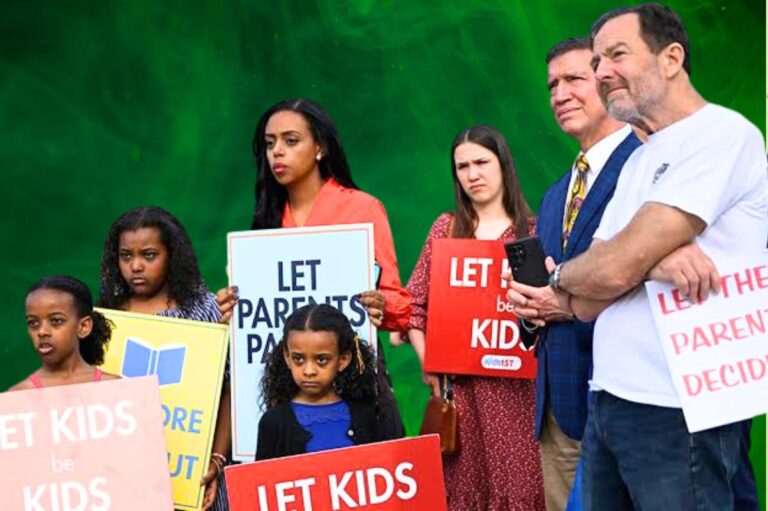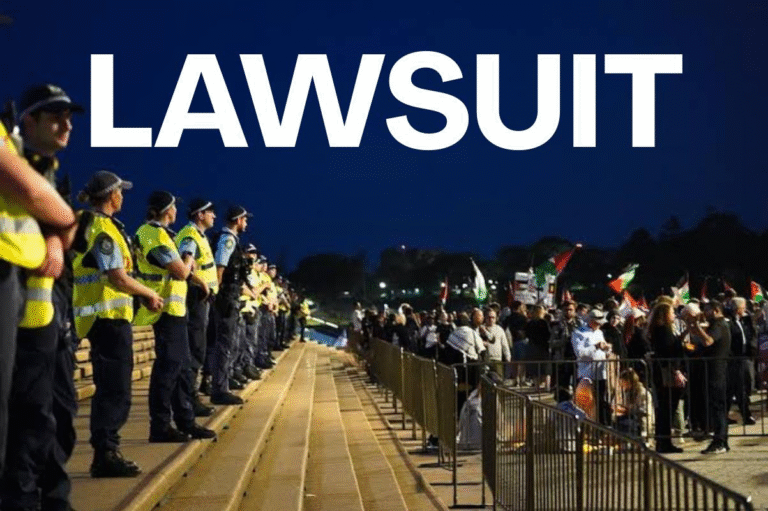Supreme Court sides with parents who want to opt kids out of lessons with LGBTQ+ books
In a landmark decision that reignites the national debate on education and inclusion, the U.S. Supreme Court sides with parents who want to opt kids out of lessons with LGBTQ+ books. This ruling represents a significant shift in how public schools address LGBTQ+ education and parental rights in the classroom. As the Court emphasizes the role of families in determining what’s appropriate for their children, educators and advocates are left grappling with how to maintain inclusive curriculums while respecting personal beliefs.
The Case at the Center of the Controversy
A group of parents from Maryland filed a case challenging the local school district’s refusal to permit opt-outs from specific reading assignments that included LGBTQ+ characters and themes. The parents contended that requiring their children to participate in these lessons infringed upon their religious and moral convictions. However, lower courts had previously dismissed their claims, asserting that the lessons did not constitute indoctrination and served a valid educational purpose.
However, the Supreme Court’s decision overturns these rulings, affirming that parents have a constitutional right to guide their children’s exposure to sensitive content, particularly when it comes to matters of faith and family values. Justice Brett Kavanaugh, writing for the majority, underscored the importance of “public education respecting the diversity of family beliefs in a pluralistic society.”
What the Ruling Means for Schools and LGBTQ+ Education
The Supreme Court’s ruling on LGBTQ+ books in school curriculums establishes a new legal precedent that school districts nationwide must now consider. This ruling reinforces the notion that parents have the right to opt out of content they deem objectionable, regardless of whether it aligns with a state-approved inclusive curriculum.
Educational institutions may now face legal challenges and be compelled to create alternative assignments or provide clearer opt-out protocols to prevent potential lawsuits. This has raised concerns among LGBTQ+ advocacy groups, who fear that such policies could inadvertently marginalize queer identities and hinder inclusive storytelling in classrooms.
Education experts, as reported by The New York Times, believe that the ruling may encourage districts to dilute or eliminate LGBTQ+ themed content altogether to prevent controversy.
Parental Rights vs. LGBTQ+ Inclusion: A Growing Divide
The Court’s decision has underscored the widening gap between advocates for parental rights and those who support comprehensive and inclusive education. Advocates of the ruling argue that it safeguards children from exposure to materials that may clash with their deeply held beliefs. Nicole Neily, president of Parents Defending Education, expressed this sentiment in an interview with Fox News, stating, “This is a triumph for families who feel marginalized by ideological agendas in public education.”
On the other hand, LGBTQ+ advocates argue that the ruling could lead to a chilling effect on inclusive curriculum efforts. “Visibility matters,” said Kelley Robinson, president of the Human Rights Campaign. “Denying students access to diverse stories sends a dangerous message of exclusion and shame.”
Potential Ripple Effects Across the Country
With the Supreme Court’s affirmation of parents’ rights to opt out of LGBTQ+ lessons, legal experts anticipate a surge of similar challenges in other states. Conservative groups are already gearing up to exploit this decision to challenge school board policies, teacher training programs, and library acquisitions that incorporate LGBTQ+ content.
States like California and New York, which have laws requiring inclusive curriculums, may face intricate legal challenges as they grapple with conflicts between state mandates and federal constitutional rights.
As Politico reports, school districts are seeking legal advice on how to implement this ruling without compromising their educational objectives or infringing upon anti-discrimination laws.
Also read, Three UK Mobile Outage Hits Thousands Is Britain’s Digital Infrastructure Failing?
Conclusion
The Supreme Court’s decision to support parental opt-outs from LGBTQ+ lessons has been celebrated as a significant victory for religious freedom and parental control. However, this move also raises profound concerns about inclusion, representation, and equality in public education. As schools, lawmakers, and communities grapple with this new legal landscape, the ongoing debate over LGBTQ+ books in classrooms is likely to persist.
This case holds immense significance as it represents a pivotal moment in the ongoing cultural struggle over the decision-making process in American schools regarding the curriculum and the representation of diverse voices.






